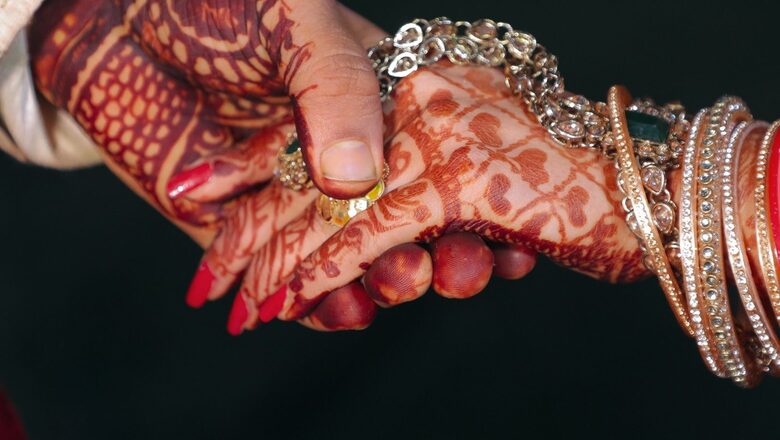
views
Supreme Court lawyer and former Delhi BJP spokesperson Ashwini Upadhyay has appealed for tough law at the Centre to deal with matters relating to marriage and forceful religious conversions. In a letter to home minister Amit Shah and law minister Kiren Rijiju on August 31, Upadhyay argued that the right to change religion is “inherent” in the right to freedom of conscience under Article 25 of the Indian Constitution, but the right to protect one’s own religion is also a fundamental right.
Upadhyay said it is time that there should be some effective laws at the Centre to stop illegal religious conversions and protect one’s religion from “unlawful, illegal, forceful, fraudulent, by allurement and organised efforts of foreign religious organisations.”
He further said restrictions can be put regulating right of conversion as per the freedom of religion enshrined under Article 25(1).
Article 25 of the Indian Constitution states: “Subject to public order, morality and health and to the other provisions of this Part, all persons are equally entitled to freedom of conscience and the right freely to profess, practice and propagate religion.”
However, the Supreme Court invoked a ‘public order’ and stressed the focus on ‘forcible conversion’ to uphold the validity of the Madhya Pradesh Dharma Swatantraya Adhiniyam, 1968, and the Orissa Freedom of Religion Act, 1967 (two of the first anti-conversion bills), according to a column in the Daily Pioneer. Therefore, the Supreme Court does not guarantee fundamental right to convert, and anti-conversion bills have been generally examined and validated by the top court.
Amendments Proposed
After 295A, Upadhyay suggests 295B on unlawful religious conversion should be inserted in the IPC, which should amount to up to three years of jail, which may extend to seven years, and a fine of Rs 50,000 to Rs 5 lakh.
He also proposes to add a provision where misuse of public office for unlawful religious conversion will be punishable with up to five years of jail term and a fine of Rs 10 lakh.
For unlawful conversion related to marriage by misrepresenting or hiding religious identity, or by allurement, Section 493A should be introduced in the IPC, which will amount to up to 10 years of jail term and fine of at least Rs 1 lakh.
He suggests adding a provision in the Section 375 (Rape) of IPC where the sexual act will not be considered consensual if the man had misrepresented his religious identity to obtain consent from the woman.
To Protect Conversion into Hinduism
According to Section 2 of the Hindu Marriage Act, any resident of India who is not a follower of a foreign religion will be deemed to be Hindu for legal purposes. Unlike Foreign Abrahamic religions, there is no defined process for conversion in Hinduism.
The Supreme Court had clarified that a person may become Hindu by expressing his willingness. Therefore, there is no ceremony of conversion required to become Hindu. If a Muslim or a Christian person renounces their religion, he will automatically be considered Hindu by virtue of definition.
Read all the Latest News India and Breaking News here




















Comments
0 comment